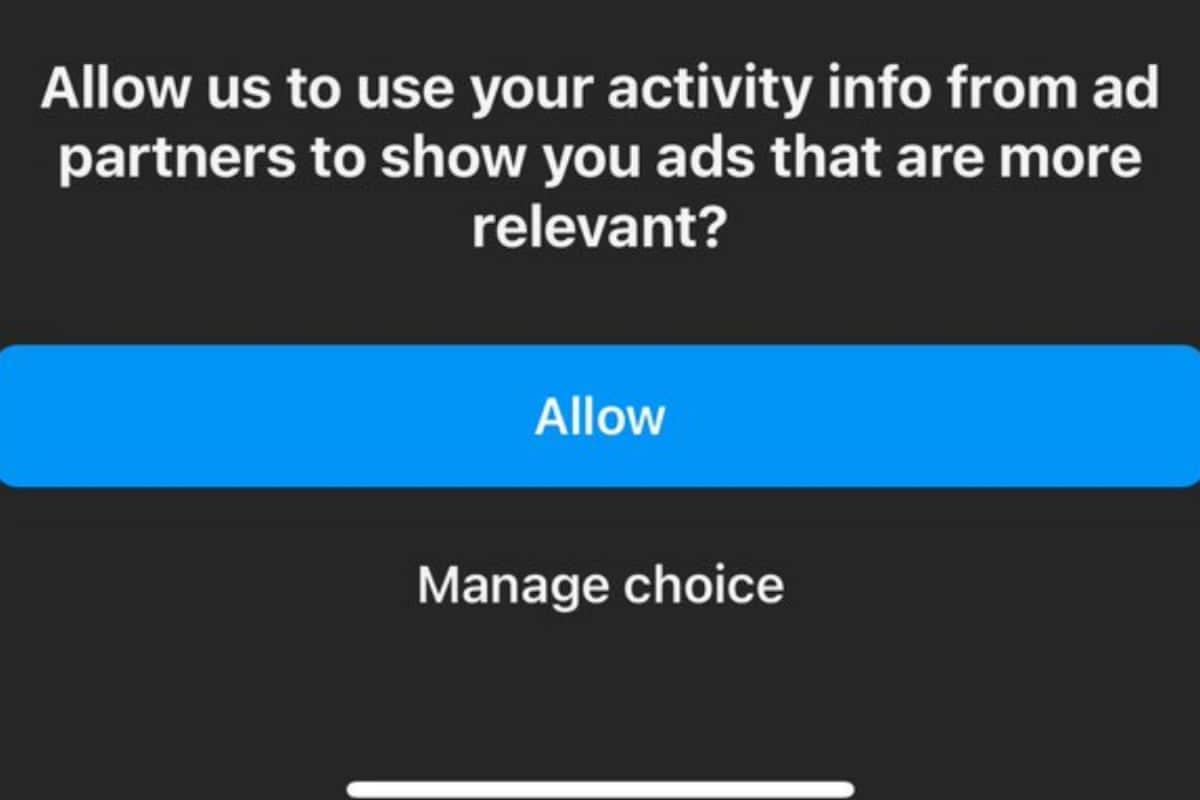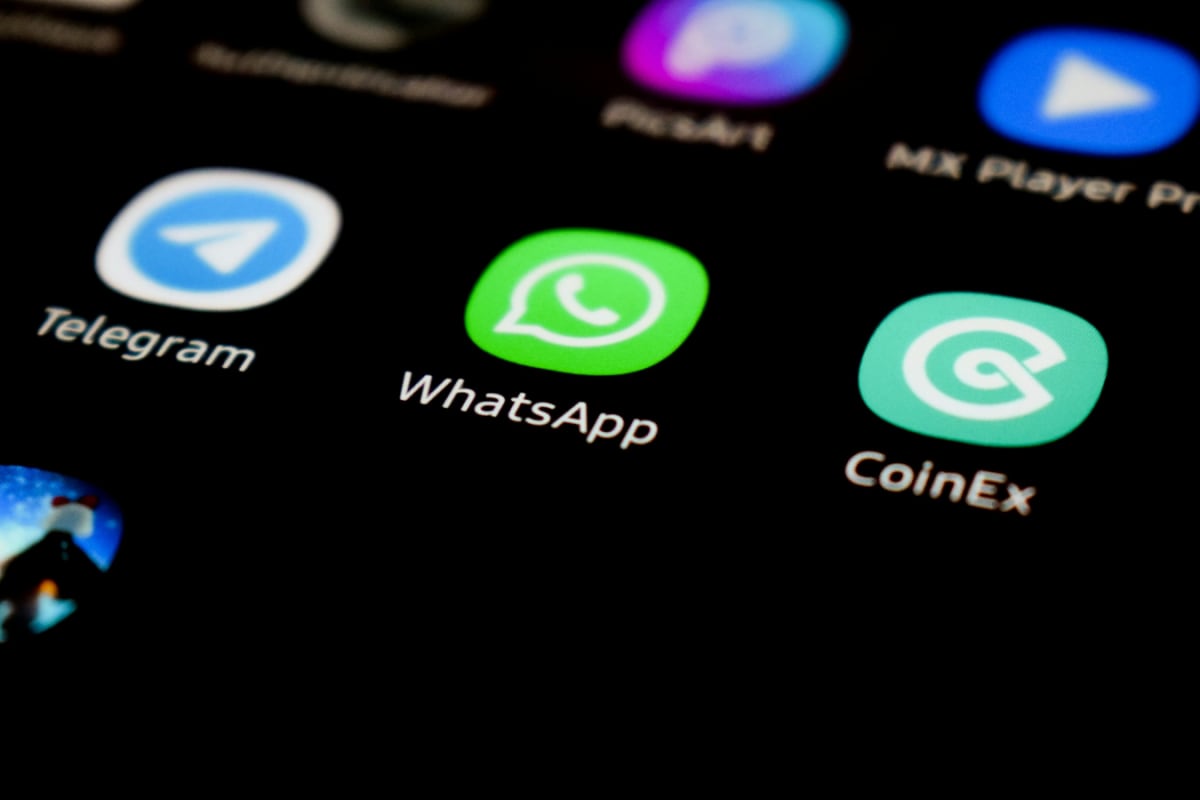Summary: While AI technolgy poses many threats, the technology won’t lead to an uprising of evil robots. There are certain factors that will keep that from happening.We’ve all seen the movies; you know which ones.
The ones where robots get tired of human beings’ BS and start blasting us with lasers or enslaving us to power their flying squid robots. Sure, a couple of years ago, a future like that seemed like something that would only happen in the movies. Since generative AI entered the public lexicon, it’s starting to seem less far-fetched.

However, don’t let the thought of Skynet keep you up at night; it’s not going to happen.Less than 10 years ago, the peak of public-facing AI was Google Assistant. It could tell you a bedtime story, look up a dad joke for you, and search Google for answers.
That hardly conjured up visions of Terminators, did it? Enter OpenAI with the chatbot to end all chatbots, ChatGPT. What made this different from other forms of AI out at the time was the “G” in GPT; Generative.Rather than recalling webpages and vomiting preset phrases, ChatGPT had the ability to “create”.
This hinted at a level of intelligence. Worse than that, it gave people the impression of sentience. Have you generated a story or a script using AI? The results can be pretty scary, as they can be close to the real thing.
Guess what, it’s only gotten smarter!AI is on a level where it can outsmart most of the people on the planet, and companies training it are not satisfied; they want AI that’s smarter than any human that’s ever lived. This is called AGI (Artificial General Intelligence), and the thought of that is scary.But, should you be afraid? Should you have to worry about your smart microwave sprouting legs and attacking you in the future? Chances are that you shouldn’t.
Separating fact from science fictionOne thing we need to realize is that the stories we’re told in the movie theaters are just that, stories. Granted, the very human faults that drive robots to rebel in the movies exist. People are greedy; they crave money and power, and that’s the catalyst in many of the stories.
There are definitely some people in the world who could start a robot rebellion.However, it’s important not to take these as a representation of the future. No matter how realistic the story tries to be, there are several real-world factors that the writers don’t take into account.
They can’t if they want the story to actually work. Movies where characters fly at light speed have to ignore the fact that nothing with any sort of mass could travel at the speed of light.There are certain real-world factors that keep AI from reaching the point where a robot could be pissed off to the point of genocide.
AI probably won’t advance too much furtherOn the subject of real-world factors, we need to talk about the very real limitations holding AI back. Sci-fi movies and shows imagine a world where superintelligent AI can just exist, but they don’t really factor in data-hungry models that need megatons of data. They also don’t factor in the massive amount of GPUs, data centers, and energy that AI needs.
There’s a ceiling that AI will hit, and this is a ceiling that sci-fi writers can simply ignore.Companies are struggling to power AI that will help you cheat on your college essay. Imagine what it’ll take to create and sustain that god-like AI that instantaneously hacks all of the connected devices in the world.
Companies are literally talking about using nuclear power!Also, imagine how much data it’ll require. We’re already hearing reports of companies actually running out of data to train their models on. We’re talking about using all of the data available in the world, and we’re still not at AGI.
Just like flying cars, teleportation, and light speed travel, this level of AI exists in a world with made-up physics. Each technology we saw on The Jetsons needs to break some fundamental scientific laws just to exist. While we’re closer to Skynet than the flying dome cars from the cartoon, AI still has a long way to go.
There’s also the business side of thingsThe science isn’t the only thing that sci-fi writers imagine when they write their movies. There’s usually that one giant company that acts as the source for all of the evil robots. It’s typically a company with infinite wealth and resources.
Again, writers need to ignore certain factors for their stories to take flight.The fact is that AI is an expensive endeavor. Even the company with the most advanced AI tech in the world, OpenAI, doesn’t make enough money to sustain itself.
Companies are sinking billions of dollars into AI in the hopes that it will become profitable. They and the folks who rely on their AI technology are running on borrowed time. There’s no telling if the AI market is just some massive bubble waiting to burst.
We don’t know if investors will get tired of paying these companies coming up short and all stop funding them.Rising price tagWhat makes this worse is the fact that the price of training AI models is going up. According to a report, the average price of training an AI model roughly doubles each year.
The economy isn’t great as is; major firms have had to shed thousands of employees over the past couple of years, and this was before the huge AI boom. Sprinkle on the inflation caused by President Donald Trump’s tariffs, and you have a perfect storm of financial turmoil. Basically, it doesn’t look like companies will be able to play fast and loose with their money for much longer before it starts to affect their AI.
It takes money to make more advanced AI, and it could get to the point where companies will need to slow down production of their AI due to rising costs.The sci-fi movies don’t take the financials into account, and right now, the future of AI is unclear. Are enough people going to invest in companies, pay for API access, and sign up for subscription services to fund AI going forward? Right now, AI sucks at summarizing news articles, and this is after billions of dollars of investments.
However, the kind of AI in the movies is so complex that it can feel emotions like anger. So, the technology still has quite a way to go before it’s time to travel to the past and don a shotgun.Foresight is 20/20One of the main reasons that we shouldn’t fear murderous robots in the movies is the movies themselves.
We’ve seen The Matrix, the Terminator series, iRobot, and so on. The people who are developing these technologies are familiar with these stories. They know the dangers of giving AI too much space to stretch.
As such, they can plan accordingly.We’ve seen AIs in movies lash out because of anger, and we’ve also seen them capture human beings out of a need to protect humanity. Well, right now, the companies developing the AI choose not to program “emotions” or any unreasonable impulses to protect humanity.
If it seems like the technology is getting out of hand, they can pull the plug.Right now, we have the power over the emerging technology, and we can see if things are becoming dangerous. Again, movies write stories of technology suddenly getting out of control, but that needs to happen.
Otherwise, you’d be watching a two-hour-long movie about AI that behaves. Talk about a snooze-fest.Humans would have to actually program the intentions and behaviors into the AIs in order for them to do anything dangerous.
Also, people program checks and balances into the AIs to make sure that they don’t do anything unexpected.One counter to that argument, however, is the fact that hackers can trick AI models into performing unintended actions. So, that’s something to keep in mind.
Malicious folks have been able to get away with fooling models, so if it’s anyone to worry about, it’s them.However, the thing is that we know the risks; we know not to give AI too much power. We’re not going to give an AI nuclear codes or anything like that.
A gradual issueAdding to that point, we don’t expect some robot apocalypse to happen overnight. In the movies, the issue happens at the drop of a hat. The AI says one line, and within 10 seconds, all of the robots’ blue lights turn red, and cue the action music! But, the thing is that, as AI technology develops, we’re sure that we’ll see warning signs start to sprout up.
At that point, we’ll be able to address them and take action.We won’t give AI technology the ability to dominate the world in one software update. Maybe a humanoid robot does one thing unexpected or causes an injury.
Maybe an AI model generates something possibly dangerous. From that point, we’ll take it as a warning and make changes.For example, Facebook held one experiment in 2017 where it had two AIs communicate with one another.
The two AI’s then created their own language. Scary! Well guess what, that was a warning sign, and the company took it as such. Facebook was able to shut it down.
We’ll see the warning signs and take action before they become dangerous.The opposite is more likely to happenIn the lead-up to the Matrix, a robot snaps from being mistreated and commits a murder. Here’s the thing, before we think about angry robots, we need to think about the angry human problem.
Artists, musicians, voice actors, filmmakers, business people, and all other types of workers are losing their jobs over the technology. Much more of the internet content we view/listen to has been created by an AI model. Fear, anger, and paranoia about AI increase each day.
The fact of the matter is that angry human beings are more likely to go into murder mode before the first robot picks up a knife. People are already losing because of AI tech, and more people are going to lose as it becomes more advanced. Despite the benefits that it will provide to humanity, there will always be a human cost.
For every AI tutor that teaches children in Africa, there will be hundreds of teachers out of a job. For every chatbot that helps people with their taxes, there will be hundreds of accountants rendered obsolete.We’ll eventually reach a boiling point.
We’re sure that enough people will get tired of being tossed aside while billion-dollar and trillion-dollar companies spend money on AI tech. Not only that, but we’re sure that all user-generated content people produce has been stolen and used to train AI models.Major technological shiftIt’s anyone’s guess what will happen first, but AI has been a massive pivoting point for humanity.
Other technologies came along and gobbled up jobs like the internet, computers, and such. However, there are centuries-old industries that are about to be destroyed thanks to generative AI. We could see the biggest shake-up to the working culture of the world change over the next couple of years.
Imagine going to college for four years only to find that between the time you started and graduation, the industry you were studying no longer exists.People are going to lose jobs, houses, stability, and much more through AI, and that could spill over into violence. Online protest could become physical.
We may have to worry about man destroying machine rather than the opposite.No one knows the future, but it won’t be a James Cameron movieTraveling through the comment section of an AI-generated video, you’re bound to see some comments like “AI will be the end of us” or “We’re all f****ing doomed!” These are comments made out of fear, but it’s important not to let fear overtake our judgment.At the end of the day, a movie is a movie; it’s a piece of media designed to feed you a story wrapped up in a predictable two-hour package.
Evil AI movies pretty much follow an algorithm that we’ve become desensitized to. It’s like zombie movies, rom-coms, or any genre of media. They all follow their own tropes and their own sets of rules to keep your butts in your seat until the credits.
However, reality is much more complex. We can’t take our favorite movies as a prediction. At the end of the day, they’re just conjecture.
There are a TON of major issues with AI, from its effects on the environment to its potential to eliminate all human art, but we don’t need to worry about it wiping out humanity.The post AI is scary, but it won't wipe out humanity appeared first on Android Headlines..
Technology

AI is scary, but it won't wipe out humanity

The post AI is scary, but it won't wipe out humanity appeared first on Android Headlines.















